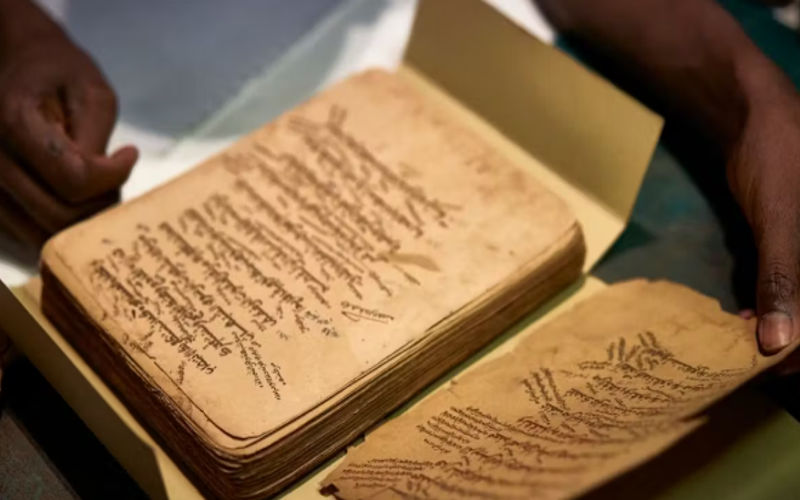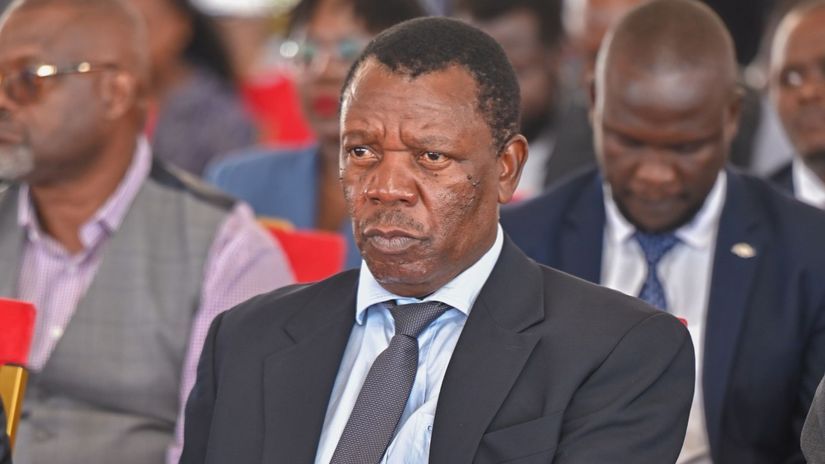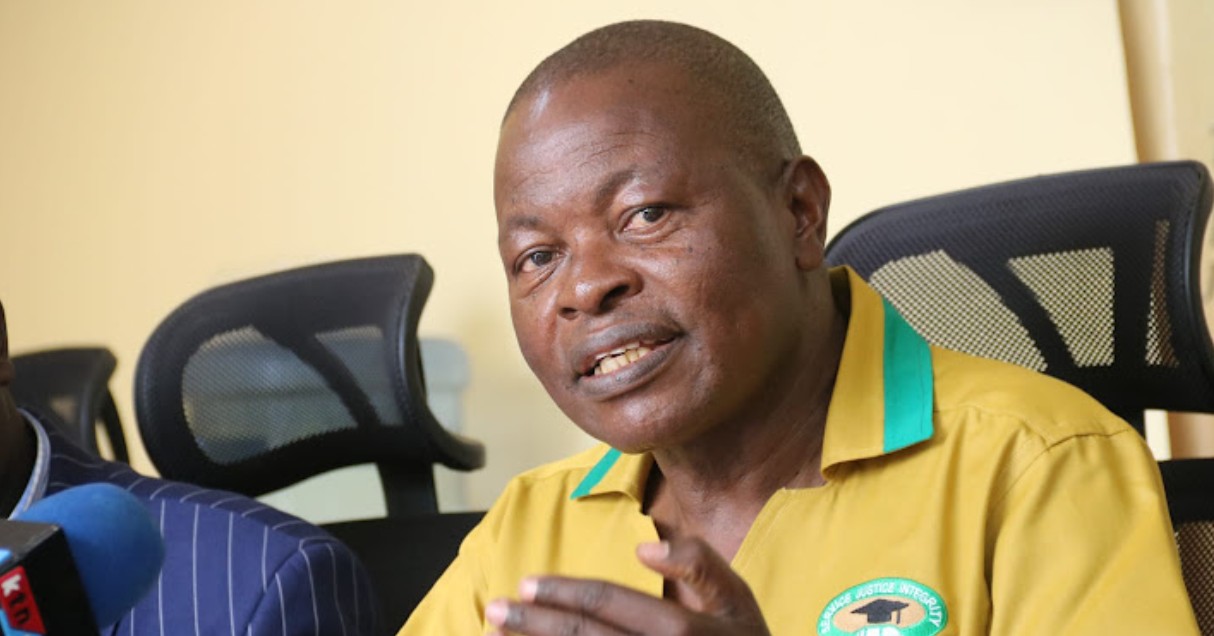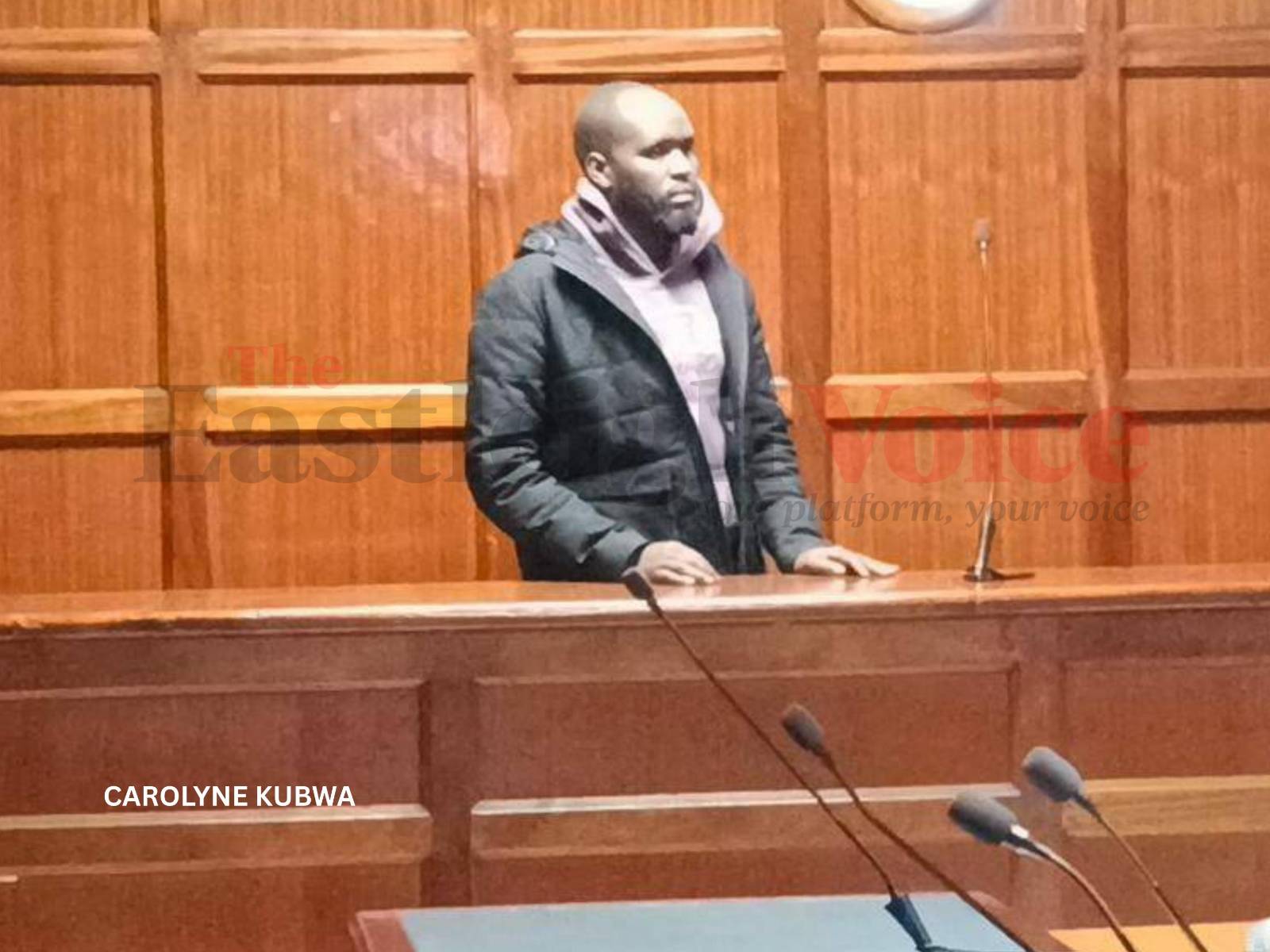Historic manuscripts returned to Timbuktu after 13 years in Mali's capital

They were saved by local custodians who secretly moved over 27,000 documents out of Timbuktu to protect them from destruction during the militants' siege.
Mali's military government has begun returning the historic Timbuktu manuscripts that were smuggled out of the northern city more than a decade ago during occupation by Al-Qaeda-linked militants in 2012.
The manuscripts, recognised by UNESCO as World Cultural Heritage, cover a wide range of topics including Islamic theology, law, astronomy, medicine, mathematics, history and geography. Some of them date back to the 13th century.
More To Read
- Mali arrests 20 military personnel over alleged coup plot amid political unrest
- Ex-Mali PM Moussa Mara charged over post on political prisoners
- Rights group links Mali’s army, Wagner to dozens of killings, forced disappearances
- US announces withdrawal from UNESCO again, citing "misalignment with national interests"
- How Kiswahili is building a cultural bridge between China, Tanzania
- Water scarcity now a threat to global peace, UNESCO warns
They were saved by local custodians who secretly moved over 27,000 documents out of Timbuktu to protect them from destruction during the militants' siege.
Islamic extremists destroyed more than 4,000 manuscripts and damaged several UNESCO World Heritage sites, including nine mausoleums and a mosque's door, during their 2012 takeover, according to a United Nations expert mission.
On Monday, the first shipment of more than 200 crates weighing 5.5 tonnes was flown from the capital, Bamako, back to Timbuktu. More shipments are expected in the coming days.
According to Malian officials, the manuscripts had to be moved from Bamako due to threats posed by the area's humid climate.
"This is the first stage of the return," Bilal Mahamane Traoré, a local official, said, according to AP News.
In February, Mali's military government promised to bring back the manuscripts, with Higher Education Minister Bouréma Kansaye highlighting that the documents show Timbuktu's important history and its role in connecting the past with the future.
"We now have a responsibility to protect, digitise, study, and promote these treasures so that they continue to enlighten Mali, Africa, and the world," he said.
Despite the return of Timbuktu to government control, Mali faces ongoing security challenges. Armed militants linked to Al-Qaeda and the Islamic State have continued attacks in the region, with the situation worsening in recent months.
Following two military coups, the junta expelled French troops and turned to Russia for security support.
Top Stories Today













































